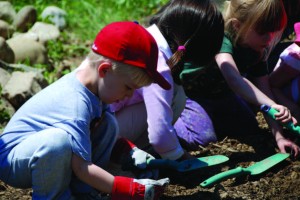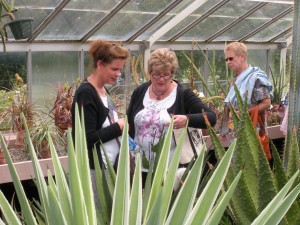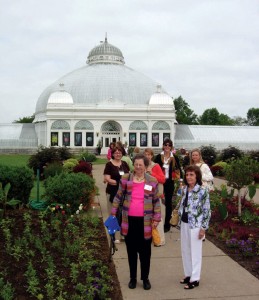 Rediscover your environment on a National and International level!
Rediscover your environment on a National and International level!
Founded in 1914, WNF&GA is an environmental group comprised of branches, garden clubs and special interest environmental organizations. We gather for an Annual Meeting to share ideas on growth, program speakers and activities, learn about new environmental issues and seal friendships with other organizations and their members. Our networking events provide initiative, energy and inspiration.
Our President publishes a bimonthly Newsletter through Branch Presidents. In the past, WNF&GA published a magazine twice yearly which is now offline and available on request through the current president. The Farm and Garden Magazine provided valuable information about our scholarships, meetings and featured branches. It included inspirational articles and recipes from the members as well as branch information, web site information, a directory of officers and more.
Our Association promotes:
An ever-expanding range of programs and projects while providing opportunities for members to learn, to share and to support a variety of interests.
Our Mission:
WNF&GA will improve our communities and the world through education and activities related to our focuses.
 Our Focus:
Our Focus:
- Civic Service
- Education/Scholarship
- Environmental Concerns
- Floral Arts
- Gardening
- Horticultural Therapy
- International Cooperation
From the beginning:
Membership has been open to men and women across the United States through a national organization. Within a few years, members formed branches of their own which, by 1933, grew into divisions in eight states.
Today the Association has one division: Michigan, and six single branches in New York, Ohio, and Pennsylvania.
 In addition to branches,
In addition to branches,
which incorporate the full range of programs and projects, a new type of specialized branch has been formed in recent years: native plant groups which focus on native plant gardening, educational demonstration gardens, manning tables at community and civic events, and projects like building native plant seed collections at local libraries.
If you reside in an area:
where there are presently no branches, we invite you to become a member at large — and we will gladly provide you with information on organizing a branch in your area.

